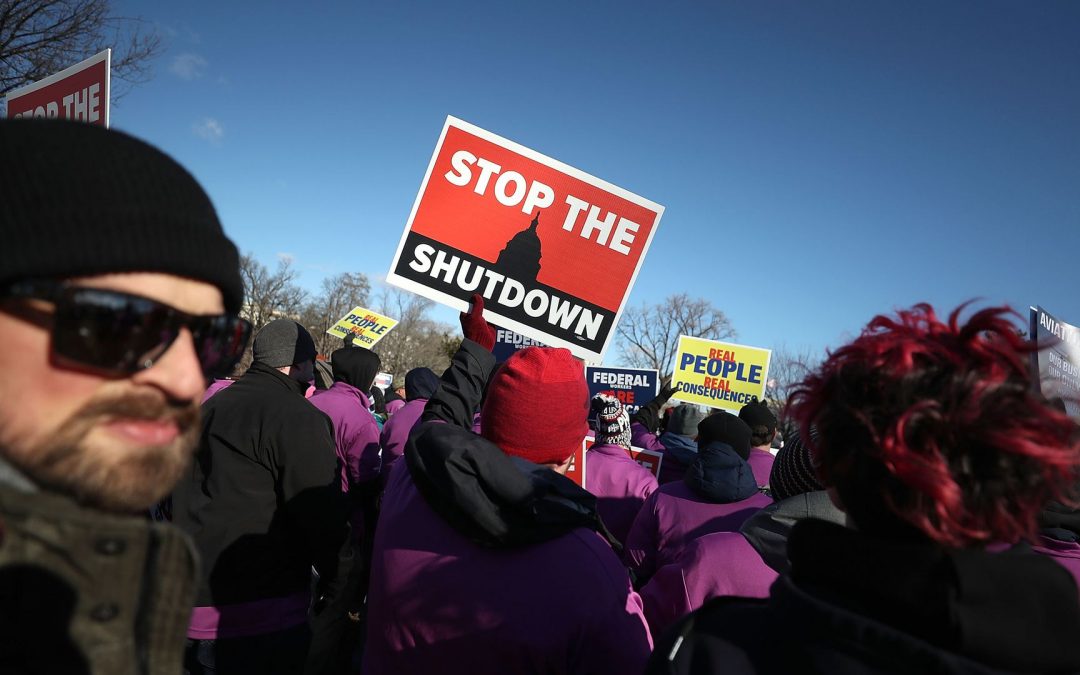Delta Air Lines can’t get eight new aircraft in the air. Roughly a million government employees and contractors aren’t being paid. Small business startups can’t get required tax identification from the IRS.
These are the realities of a government shutdown that moves through its fourth week with no end in sight.
The economic blow is already being felt not only by federal workers but also by business people, households and travelers across the country.
And while the hit to the overall economy so far remains slight, economists foresee real damage if the shutdown drags into February or beyond.
“Even if the shutdown is over by the end of the month, the hit to growth will be material,” said Ian Shepherdson, chief economist at Pantheon Macroeconomics.
Shepherdson projects that after growing for nearly 10 years, the economy might even contract in this year’s first quarter if the shutdown lasts through March.
On Tuesday, Kevin Hassett, a top economist in the White House, acknowledged that the shutdown was weighing on the economy more than he had previously estimated.
Hassett, chairman of the Council of Economic Advisers, said the White House now calculates that annual growth is slowing by about 0.1 percentage point a week.
With the shutdown in its fourth week, that calculation would suggest that the economy has lost nearly a half-percentage point of annual growth so far.
Previous White House estimates of the impact didn’t fully take into account the effects on people who work for private companies that contract with the government to provide services, Hassett said.
The shutdown is rippling through the economy in ways that are not always visible, making it hard to fully assess its consequences.
Complicating the task is that much of the economic data the government normally provides – from retail sales to home construction to the nation’s gross domestic product – has been suspended because the agencies that compile it remain closed.
With national parks shut down and some travelers suffering through long security lines and in some cases partial airport closures, for example, many Americans are having to decide whether to cancel travel and vacation plans.
That could be a huge hit on the travel industry, as people begin to book their spring vacations.
Some companies are pointing to specific problems: Delta said Tuesday that the shutdown is costing it $25 million a month in government travel.
Its CEO, Edward Bastian, said that with the Federal Aviation Administration partially closed, Delta will also likely delay the start date of eight new aircraft.
The Securities and Exchange Commission, which oversees public stock offerings, is mostly closed because of the shutdown.
As a result, some companies that had been planning initial public offerings in coming months, including Uber and Lyft, are likely facing delays.
